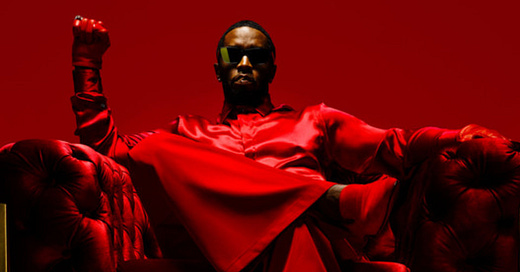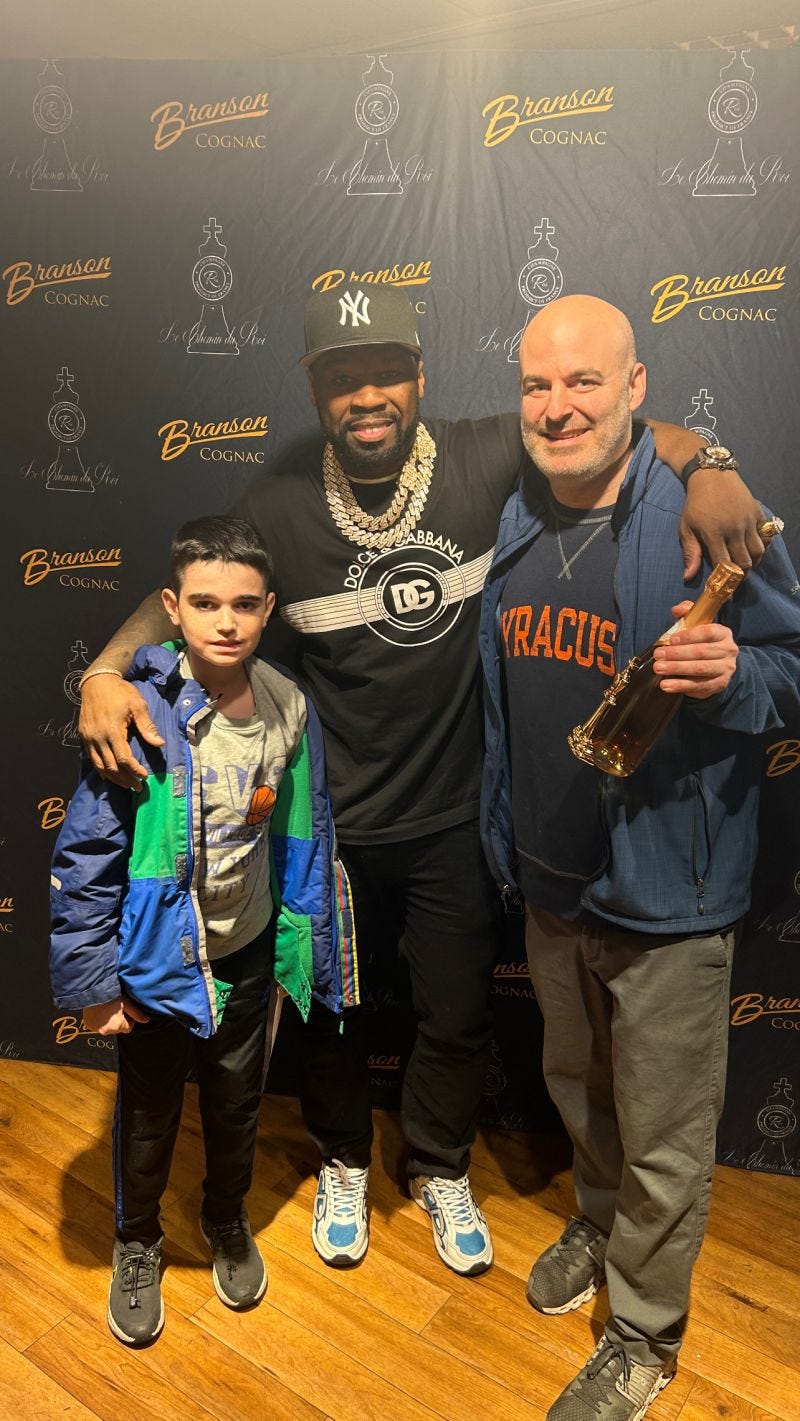The Empire of Denial
Sean Combs didn’t lose control. He used it. And he used it on everyone around him.
A couple of days ago, I watched a former tech executive lie to police while being dragged off a Delta flight. It was a moment of personal embarrassment, but what struck me was how quickly the lies kicked in:
“I don’t know what’s happening.”
“I’ve done nothing wrong.”
“I’ve only had one drink.”
That pattern, deny, minimize, shift blame, looked familiar. And then I turned to the real story: the ongoing federal trial of Sean “Diddy” Combs.
Because while others lose control, Combs used it, intentionally, structurally, and with impunity.
What the Trial Reveals
In a Manhattan courtroom, the layers are being peeled back. The witnesses keep showing up. The stories keep aligning.
This isn’t just about celebrity misbehavior. It’s about the machine he built to dominate people and the culture that protected him while he did it.
Here’s what we’ve heard:
Cassie Ventura, pregnant and composed, testified that Combs raped her, trafficked her, and threatened to release videos if she ever left.
A former male stripper said Combs paid him to have sex with Cassie while he watched and directed them.
Multiple assistants described envelopes of cash, controlled hotel setups using baby oil and lubricant, and instilling fear-based staff loyalty.
Video, surveillance footage, and internal communications corroborate the abuse.
And when it all starts to unravel, Combs and his lawyers fall back on the same line:
“She wanted it.”
“It was consensual.”
“They're exaggerating.”
It’s the corporate version of: “I’ve done nothing wrong.”
A Business Built on Silence
Combs didn’t just break people down one by one. He built an entire system around power, money, intimidation, and secrecy.
NDAs weren’t optional. They were standard.
Settlements weren’t rare. They were baked into the cost of doing business.
Brand partners, music labels, staff—they stayed quiet for years.
This is what happens when power stops being about influence and becomes about insulation.
And the worst part? It worked until now.
“This Is Mr. Combs’ Kingdom. We’re All Here to Serve Him.”
That’s what one of his staff was told on his first day.
Let that sink in.
“This is Mr. Combs’ kingdom. We’re all here to serve him.”
That’s not leadership. That’s delusion.
That’s some sick shit.
When that’s the tone at the top, everything beneath it is contaminated. People stop asking questions. They stop protecting each other. They start protecting him.
That’s not a toxic workplace. That’s a cult in a recording studio.
Can We Prove It All? No. Do We Know It Happened? Yes.
Combs has denied every allegation. And he has the right to defend himself in court.
But this isn’t about the legal technicalities. This is about what we’ve all seen play out for years, in plain sight:
A $20 million lawsuit from Cassie settled overnight.
Staffers too afraid to speak out until now.
Multiple lawsuits with eerily similar patterns of abuse, control, and coercion.
Surveillance videos, bruises, hospital records.
It adds up. Even if the legal system doesn’t catch all of it, the pattern is undeniable.
He wreaked havoc. That much is clear.
Why the Industry Let Him
Let’s not pretend Combs operated alone.
He was propped up by executives, publicists, lawyers, and brands that saw what he represented: revenue, reach, and relevance.
No one asked too many questions.
They didn’t want to see it.
And some probably did—and looked away.
Because the lie was profitable.
And that’s the real rot. We reward people not for how they lead, but how much they produce.
Until the reckoning comes.
And Then There’s 50
It’s hard not to compare Diddy to 50 Cent.
50 caused chaos. He fought people. He said wild shit. But what he didn’t do was hide who he was.
50 didn’t need NDAs. He didn’t build secret rooms. He didn’t need to film and blackmail people into compliance. He showed up, unfiltered, in daylight.
He wasn’t always right. But he was visible.
Diddy, if the testimonies hold, hid behind charm and infrastructure, operating in the shadows, controlling everything from the lighting in a hotel suite to the scripts people were forced to follow.
One led like a businessman.
The other ruled like a king; no one could question.
Final Thought
This trial isn’t about a fallen star. It’s about the systems we let powerful men build around themselves—the brands that feed them, the silence that shields them, and the people who suffer in the margins.
If even half of what’s been testified is true, Sean Combs didn’t lose control. He weaponized it.
And if we still confuse that with greatness, then maybe we deserve the empire he gave us.
Disclosure: I’ve been watching Hulu’s Diddy trial coverage all week—what started as morbid curiosity turned into something I couldn’t ignore. After talking with my friend Dan about how unsettling some of it was, I found myself going down a rabbit hole. The story isn’t just about one man; it’s about the machinery that props him up. Power, image, control, narcissism. And how we, as a culture, reward it when it’s wrapped in success.
That lens shaped how I wrote this piece. It’s less of a hot take, more of a map pulling threads between personal behavior, media manipulation, and the marketing structures that normalize it. If parts of it feel uncomfortable, that’s intentional. This isn’t a story meant to resolve neatly. It’s meant to reflect what we often refuse to see.
Jay Mandel is a brand strategist, professor, and founder of the Marketing Accountability Council. He writes about power, trust, and the cost of silence in leadership.
❤️ If This Hit a Nerve, Say Thanks
Honestly? I didn’t even think to include a tip jar at first.
But then I realized… I tip for lattes. I tip on apps. I tip $5 for someone handing me a paper menu.
So if this hit a nerve—if it gave you clarity, inspiration, or something you forwarded to your team—consider tipping the person who wrote it.
I’m not backed by a big brand. I’m a strategist and writer with a family to support and a deep belief that marketing should be more ethical and human.
👉 Leave a Tip
👉 Become a Paid Subscriber
You don’t owe me anything. But if you want to support work like this? I’d be honored.







Thank you.